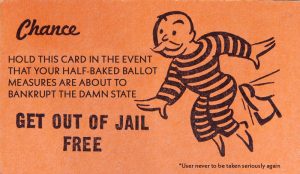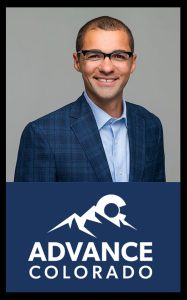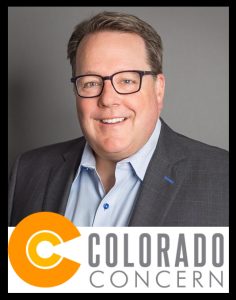
President (To Win Colorado)
See Full Big Line
(D) Kamala Harris
(R) Donald Trump
80%
20%

CO-01 (Denver)
See Full Big Line
(D) Diana DeGette*
(R) V. Archuleta
98%
2%

CO-02 (Boulder-ish)
See Full Big Line
(D) Joe Neguse*
(R) Marshall Dawson
95%
5%

CO-03 (West & Southern CO)
See Full Big Line
(D) Adam Frisch
(R) Jeff Hurd
50%
50%

CO-04 (Northeast-ish Colorado)
See Full Big Line
(R) Lauren Boebert
(D) Trisha Calvarese
90%
10%

CO-05 (Colorado Springs)
See Full Big Line
(R) Jeff Crank
(D) River Gassen
80%
20%

CO-06 (Aurora)
See Full Big Line
(D) Jason Crow*
(R) John Fabbricatore
90%
10%

CO-07 (Jefferson County)
See Full Big Line
(D) B. Pettersen
(R) Sergei Matveyuk
90%
10%

CO-08 (Northern Colo.)
See Full Big Line
(D) Yadira Caraveo
(R) Gabe Evans
70%↑
30%

State Senate Majority
See Full Big Line
DEMOCRATS
REPUBLICANS
80%
20%

State House Majority
See Full Big Line
DEMOCRATS
REPUBLICANS
95%
5%
 August 13, 2024 02:37 PM UTC
August 13, 2024 02:37 PM UTC 2 Comments
2 Comments For the second time in less than a year, Colorado legislators will be called into a special legislative session to discuss property taxes. But unlike the special legislative session that took place
For the second time in less than a year, Colorado legislators will be called into a special legislative session to discuss property taxes. But unlike the special legislative session that took place 

Why should anyone believe that they'll pull the measures this time either after they get even more in ransom? They don't care about the consequences of their actions. People like this do not deal in good faith, they have to be defeated.
In the special session, the legislature ought to set up the mechanisms necessary if the measures pass — clarify the sequence of ALL the oxen getting gored, outlining rules of priority among different sorts of taxing districts. The more specific they can be, the more voters can understand what disasters will occur.